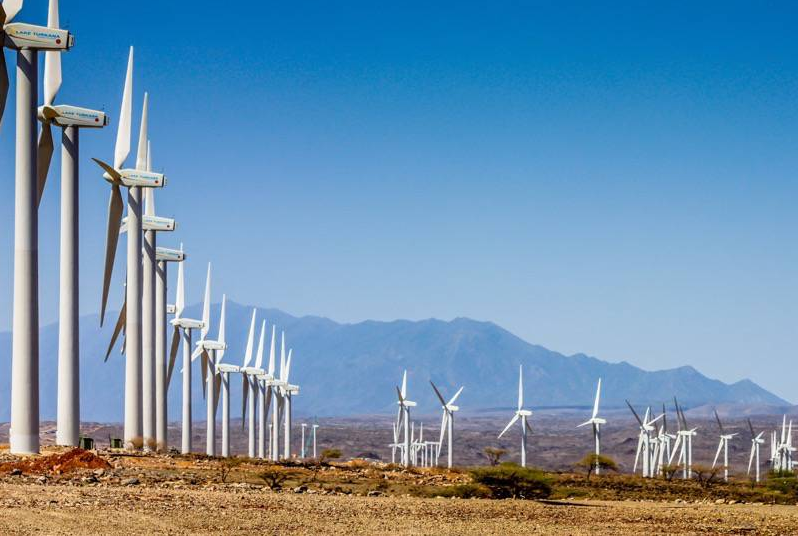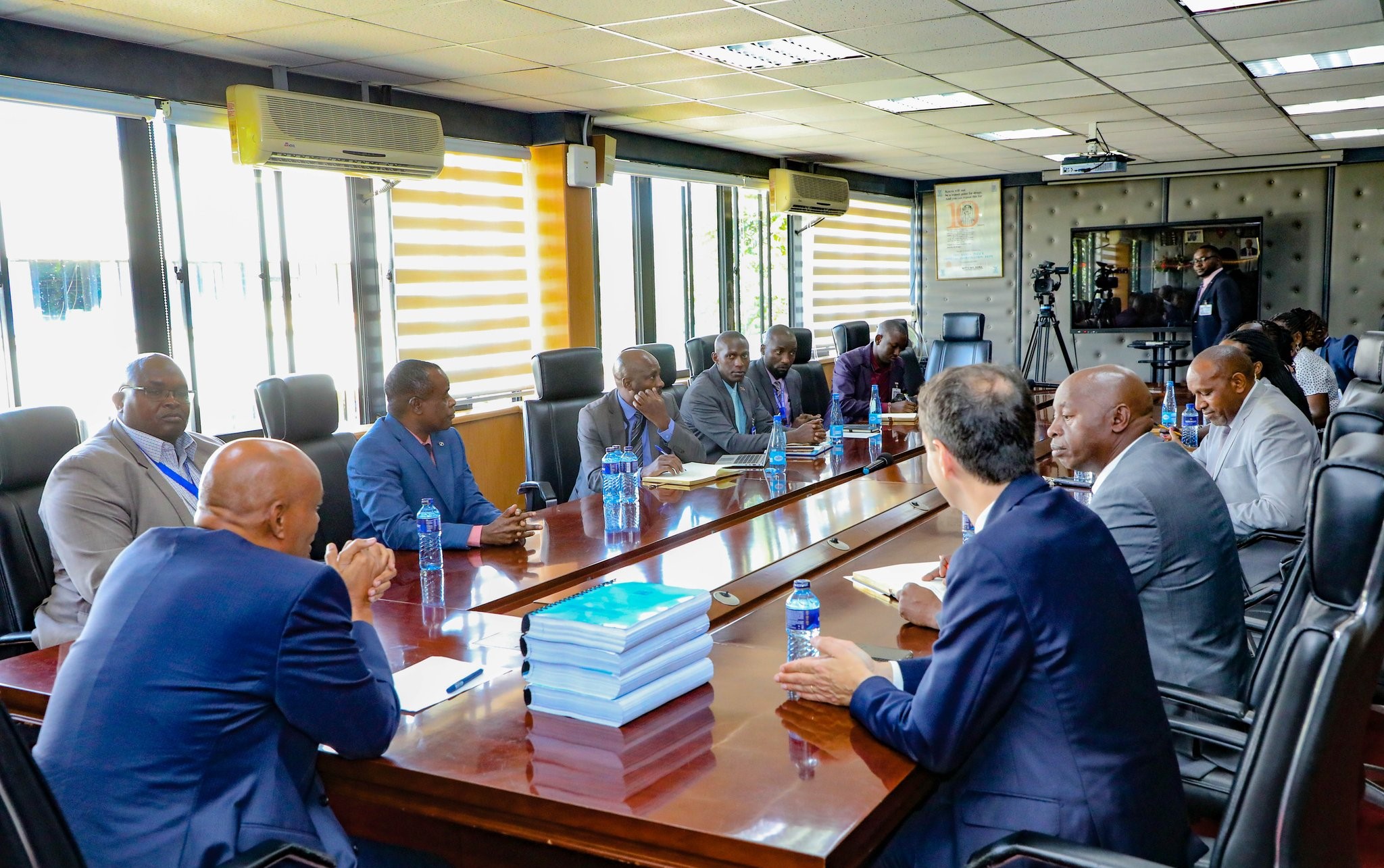
President William Ruto’s administration has made a groundbreaking decision to revoke VAT on exports, signaling a significant shift in Kenya’s tax policy aimed at boosting the competitiveness of Kenyan products in global markets.
In a bid to create a level playing field, the government has enforced stringent VAT regulations on all goods and services, whether imported or locally produced, eliminating exemptions and special rates. The National Tax Policy now mandates VAT at every stage of production and distribution, with a zero tax rate for exports to bolster international competitiveness.
Speaking on the move, a government official stated, “No exemption or lower-than-standard rate of VAT shall be provided… [and] all goods or taxable services for export will be taxed at a rate of zero to enhance competitiveness internationally.”
This policy revision follows years of pressure from the International Monetary Fund (IMF) to recalibrate Kenya’s tax system, aiming to broaden the tax base and enhance revenue collection. The changes are expected to generate additional income but may impact the cost of living, with critics expressing concerns over potential hardships for low-income households.
As Kenya embarks on this tax overhaul, the administration seeks to strengthen fiscal stability and drive economic growth through a comprehensive and equitable tax framework.






